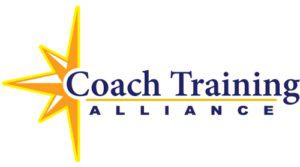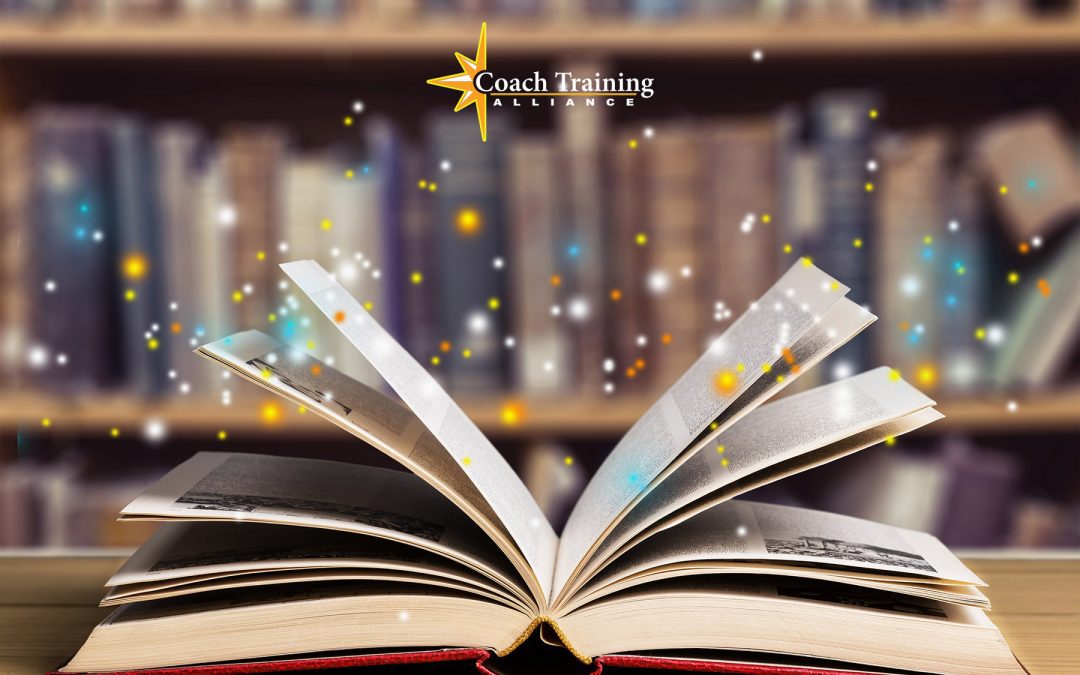by David Krueger, MD
When I coach executives and self employed business people to develop their success skills, they come to know themselves and others better. As they have worked to learn human dynamics, they have used the following strategies to enhance their growth and continue their education.
- Schedule time for learning.
You have to carve out time for yourself to engage in continuing education, just as you would set aside time for a business appointment or for working out. I am often asked, “When do you find time to write?” The answer, of course, is that I never find time to write. I reserve time to write. Learn with (and about) your partner. My wife and I do “Seminar” each evening at 9:00, during which we read and discuss, on a rotating basis, what we have selected as some of the great philosophical literature of all time it generates some of our best business strategies. - Study psychology.
The science of human behavior, especially irrational business behavior, garnered a Noble Prize (Daniel Kahneman for psychological insights into behavioral economics). Since our emotions rule our minds, study the emotional aspects of business. People create narratives of self-statement according to their assumptions, since brain and emotions are both programmed to ignore facts that contradict beliefs. - Study fields unrelated to your own.
Some of the most promising creative innovations will come from the synthesis and integration of divergent fields of existing knowledge. For example, neuroscience maps the brain to tell us which marketing efforts best capture consumer attention and determine emotionally based decisions. My previous work as a Psychoanalyst helps me apply money psychology in various settings; awareness of different personality styles can resolve conflict and enhance effectiveness. - Learn to listen empathically.
Empathy involves understanding another’s experience, feeling, logic, point of view, and way of thinking. Our best continuing education will come from empathic listening, one person at a time, to loved ones as well as those within our professional orbit: colleagues, clients, and competitors. - Learn to tell a story with brevity, clarity, simplicity, and humanity.
All business is conversation. Stories sell. Facts don’t. People buy stories. A stockbroker knows that when a client buys a stock, they are buying a story. Toastmasters offer a wonderful opportunity to develop storytelling. Everyone loves to hear a good story. - Learn from your clients’ stories.
Rather than trying to sell or network, ask powerful questions to elicit points of view, opinions, and ideas. When you really hear their accomplishments and meaningful experiences, you will be in a more informed place to co-create new stories with your clients. - Apply self awareness.
Developing your self awareness and effectiveness is the most powerful tool you have. The awareness of instincts, intuition, and emotional intelligence often has far greater impact than facts and logic. - Seek a mentor.
Yoda is booked solid, but other sources of wisdom are yours for the asking, eavesdropping, or hiring. Mentors can guide your development of self awareness, strategically address what’s next, how to get there, and how to succeed at what happens after what happens next. An Executive or Mentor Coach can collaborate as you write the next chapter in your life or business story.
Reprinted from the NeuroMentor® Blog Series by David Krueger, MD at www.MentorPath.com
Dr Dave’s Coaching Classes with Coach Training Alliance:
Certified Coach Program
Mentor Leadership Program
New Life Story™ Coach Training and Licensing Workshop
Nuts & Bolts of A Branded Coaching Business
Nuts & Bolts of Coaching Money Mastery
Nuts & Bolts of Mind and Brain Coaching Mastery
Nuts and Bolts of Authoring Your First Book
The Art & Science of Coaching Professionals
The Art & Science of Coaching Transitions
The Art & Science of Coaching Wellness

